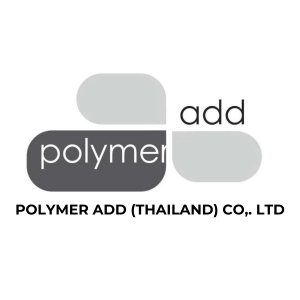Sucrose benzoate can be used as a plasticizer in PVC (polyvinyl chloride) formulations. PVC is a widely used synthetic plastic polymer known for its versatility and durability. Plasticizers are additives that are incorporated into PVC formulations to improve flexibility, workability, and other mechanical properties of the material.
Sucrose benzoate, as a plasticizer, can help soften PVC, making it more flexible and easier to process during manufacturing. It can also enhance the resilience and durability of PVC products. Additionally, sucrose benzoate may contribute to reducing the brittleness of PVC, especially in applications where the material is subjected to bending or stretching.
The use of sucrose benzoate as a plasticizer in PVC formulations may offer advantages such as:
Improved flexibility
Sucrose benzoate can increase the flexibility of PVC, allowing for easier handling and shaping of the material.
Enhanced mechanical properties
Incorporating sucrose benzoate into PVC formulations can improve the mechanical strength and impact resistance of the final product.
Reduced processing time
The plasticizing effect of sucrose benzoate may help reduce the processing time required during PVC manufacturing processes.
Compatibility
Sucrose benzoate is compatible with PVC and other additives commonly used in PVC formulations, ensuring good dispersion and uniformity in the final product.
However, it’s essential to ensure that the use of sucrose benzoate in PVC formulations complies with relevant regulations and standards, particularly concerning safety and environmental impact. Additionally, the concentration of sucrose benzoate used should be carefully controlled to achieve the desired properties without compromising the overall performance or stability of the PVC material.
